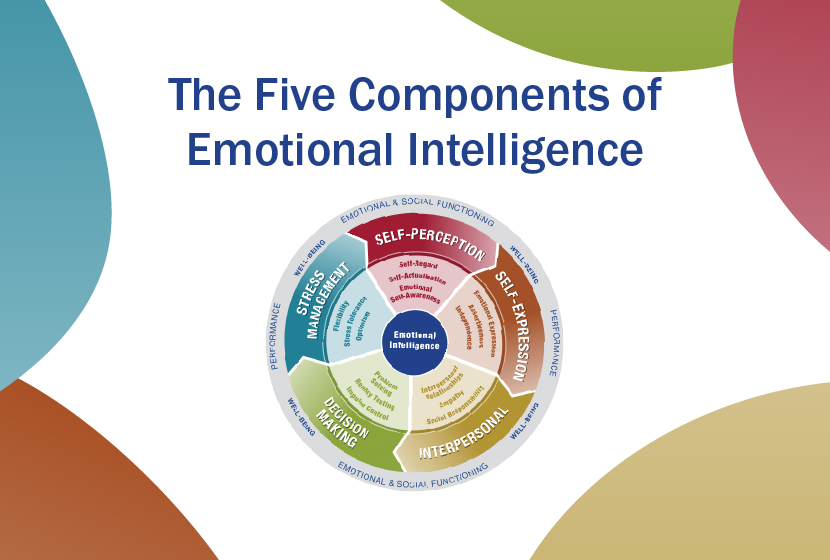What Are the 4 Components of Emotional Intelligence?
What Are the 4 Components of Emotional Intelligence?
Researchers suggest that there are four different levels of emotional intelligence including emotional perception, the ability to reason using emotions, the ability to understand emotions, and the ability to manage emotions.
- Perceiving emotions: The first step in understanding emotions is to perceive them accurately. In many cases, this might involve understanding nonverbal signals such as body language and facial expressions.
- Reasoning with emotions: The next step involves using emotions to promote thinking and cognitive activity. Emotions help prioritize what we pay attention and react to; we respond emotionally to things that garner our attention.
- Understanding emotions: The emotions that we perceive can carry a wide variety of meanings. If someone is expressing angry emotions, the observer must interpret the cause of the person's anger and what it could mean. For example, if your boss is acting angry, it might mean that they are dissatisfied with your work, or it could be because they got a speeding ticket on their way to work that morning or that they've been fighting with their partner.
- Managing emotions: The ability to manage emotions effectively is a crucial part of emotional intelligence and the highest level. Regulating emotions and responding appropriately as well as responding to the emotions of others are all important aspects of emotional management.
The four branches of this model are arranged by complexity with the more basic processes at the lower levels and the more advanced processes at the higher levels. For example, the lowest levels involve perceiving and expressing emotion, while higher levels require greater conscious involvement and involve regulating emotions.

Comments
Post a Comment